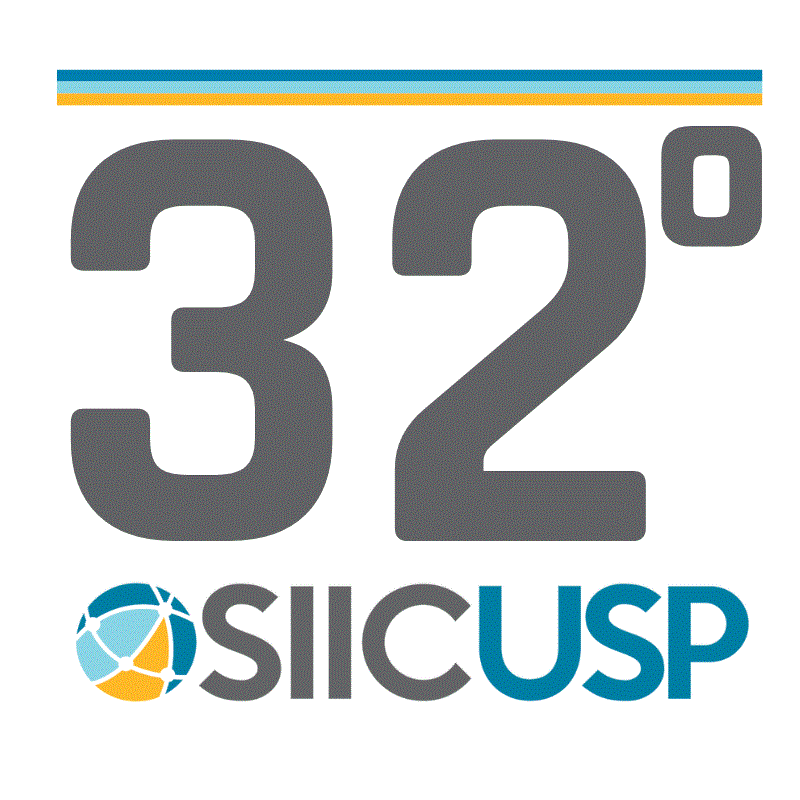By Gabriela Cecchin
Every year, the University of São Paulo (USP) hosts SIICUSP (International Symposium on Scientific and Technological Scholarship), an event designed to showcase the results of scientific and technological research projects carried out by undergraduate students.
At the 32nd edition in 2024, S.W.A.B. was one of the participating projects, presented by Aspen Caim Fernandes Goncalves. In a shift from the traditional format, which used to be a “fair” with banners and explanations to passersby, at this edition the projects were presented through an oral presentation to an examining panel and audience.
For Aspen, this new format was a challenge. “When I received the news, I wasn’t very happy. I’m a shy, introverted person, and I don’t like speaking in front of large groups of people.” At the same time, she notes that this model allowed each project to be seen individually, with more focused attention.
“I was really happy to have participated. Besides showcasing my project, it helped me overcome some of my fear of public speaking,” she highlights. “My preparation involved practicing a lot in front of others and to get feedback on what I could improve, until I reached a level that I was comfortable with.”
According to the researcher, the atmosphere was one of nervousness among students, but also of support from the panel. “Our team was there to support me. And despite the fear, I felt much more confident presenting S.W.A.B. I’m passionate about this project and talking about it makes me really happy.”
She first learned about S.W.A.B. through a WhatsApp group for her biology class. “I have a technical degree in Environmental Studies, and this area of One Health, conservation and ecology has always been fascinating to me. When I went for the interview, I was super nervous, but the professor was so kind. We ended up talking for two hours straight,” she recalls.
Her early days in the project were equally memorable. “Right after I joined, we did a saliva collection at a cat NGO. It was amazing because I love cats! The professor was very patient in explaining everything to me. It was such a privilege to have that close contact with her. Unlike regular classes, where you barely see the professor after the lecture, she was always there, supportive and approachable.”
S.W.A.B. is a tool for non-invasive pathogen monitoring in wildlife. Its key differentiator is the sampling method, which does not cause stress to the animals and eliminates risks of injury or delayed mortality. Additionally, the technique allows for the collection of a larger number of samples compared to the traditional method of animal capture.
“Obviously, I was nervous, because it was still an evaluation and a serious presentation of the project. But I was also confident about what I was going to say, precisely because I am so immersed in the project,” Aspen continues. “What reassured me the most was knowing, from the bottom of my heart, that I truly understood what I was talking about.”
According to her, the idea of creating something that could change lives of researchers and help spread knowledge is incredible. “What I love most about the project right now is the field work. I hope to participate in saliva collection in other conservation areas with different species. My ultimate goal is to test S.W.A.B. on big cats, like jaguars. That’s literally a life goal.”
*Cover image: SIICUSP


